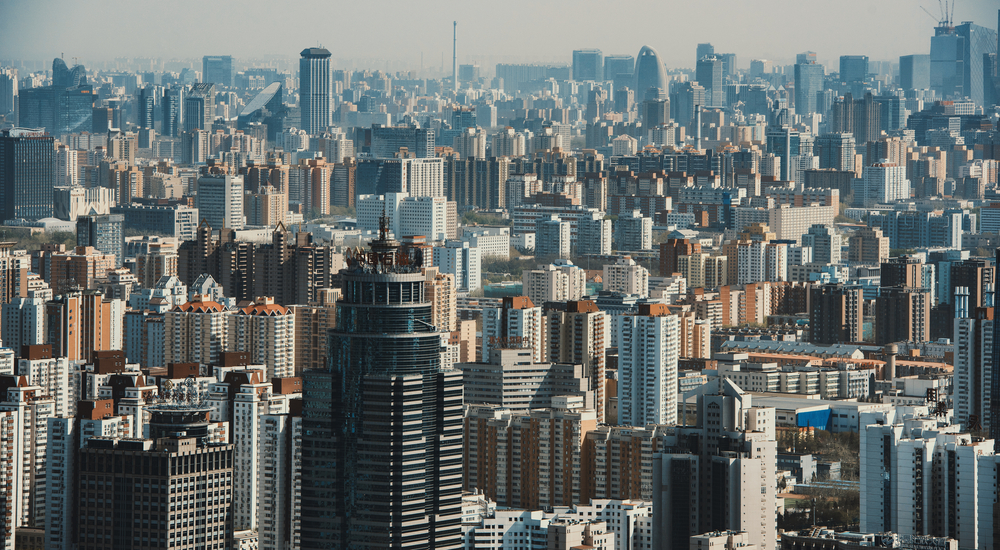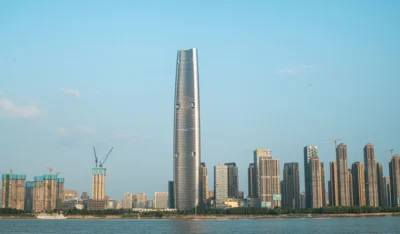High hopes: How China can reclaim its glory days
Analysts reveal crucial insights to mitigate the risks short-term and redesign the residential sector for long-term growth

The current housing mortgage crisis — with several major property developers defaulting on their bond payments since 2021 and with hundreds of billions of home buyers’ finances at risk — has caused major implications on both the local and global scale.
To bail out the distressed developers, the government has established several policies and tried different approaches, yet several industry analysts have other solutions in mind.
A sustainable path
In his opinion piece with the South China Morning Post, AXA Investment Manager’s Senior Emerging Asia Economist, Aidan Yao, suggested three policy measures that the government needs to undertake to push the sector on a more sustainable track:
Controlling risks short-term. With Beijing insisting on its position that “housing is for living, not speculation”, Yao reveals that the city is ready to bear a difficult adjustment. “The government’s near-term focus is likely to be managing the adjustment’s fallout rather than preventing it.” He added that the focus in the next few months should remain on “ring-fencing troubled developers and managing the spillover effects of the market turmoil.”
Seeking new growth machines medium-term. Since the real estate market has now transitioned from excess demand to excess supply, Yao no longer sees the industry as a sustainable source of economic growth for the country. Instead, Beijing can redirect its focus to decarbonisation by altering the country’s coal-heavy energy system and by transitioning to green energy.
Redesigning the residential sector long-term. “The problem is that China lacks effective demand because of poor housing affordability, particularly in top- and second-tier cities. Redesigning the real estate market is a necessary long-term task, and China needs to expand its supply of social housing to meet the needs of low-income earners,” explained the economist.
He added that the government could purchase surplus homes from distressed developers and transform these into public housing, while private developers can cater to wealthier households. “A dual-track redesign of the real estate market – similar to that of Singapore – could be what is needed to put the sector on a sustainable path.”
More: Why Vietnam remains upwardly mobile, despite pandemic
Revamp and revise
As for Bert Hofman, the director of the East Asian Institute and professor in Practice in Lee Kuan Yew School at the National University Singapore, the government can propose several solutions, to which they already have access to the tools needed.
In his article published in independent think tank OMFIF, the Official Monetary and Financial Institutions Forum, he noted that remodelling the sector could gather fresh demand from new residents, as well as taking the opportunity to drop the hukou registration for rural citizens. He observed that some cities have already removed the urban hukou requirement for purchasing a property.
The authorities may also consider removing housing from real estate instability, expediting social housing development through the use of financing sources like pension funds, revising the legal model for mortgages to be a non-recourse model, accelerating the development of alternative investment products for long-term savings, and updating the fiscal system to ascertain that the local government relies less on real estate development for its revenues.
More: Russians find refuge in Southeast Asia
A blanketed guarantee
Houze Song, a fellow at MacroPolo, a think tank of the Paulson Institute in Chicago, shared in MarketWatch that the obvious solution to this cash-flow problem is for the government to present more schemes so developers can pay off construction firms to complete their projects, then buyers can get their homes, and mortgage payments will begin pouring in.
Yet, he believes that the political situation has made the issue more complicated. Beijing, for instance, has been “quite timid in stepping in” as it is worried about causing a tremendous moral hazard issue that would push all the expense to the central government.
The MacroPolo fellow recommends Beijing to help buyers feel more secure by implementing something similar to a “deposit insurance” guarantee on pre-sale units. Although this will come at a steep price since the pre-sale model has sold roughly USD5 trillion residential properties since 2020.
“If assuming just 10 percent of the projects require bailouts equal to half the value of the property, then the total bailout cost is USD250 billion,” further clarified Song.
By end of this year, if Beijing decides to wait it out, he predicts the city to “bite the bullet on a blanket guarantee, thereby increasing the likelihood of a meaningful bailout.”
Despite the current situation in the country, the 2021 winners of the PropertyGuru Asia Property Awards (Mainland China, Hong Kong, Macau), led by Top Developer (Mainland China) China Overseas Property 中海企业发展集团 who has relished in a 39.1 percent increase in profits by during the first half of 2021, have kept their heads high and hopes up, waiting for Chinese real estate reclaim its glory days.
To find out who will nab the prestigious titles at the local ceremony and represent their country at the Grand Final, visit AsiaPropertyAwards.com/Award/MainlandChina/ when we announce the winners on 7 December 2022.
Gynen Kyra Toriano, Digital Content Manager at PropertyGuru, wrote this article. For more information, email: [email protected].
Recommended
6 developments driving Asia’s green real estate shift
Developers are being incentivised to push a green agenda into daring new realms
The Philippines’ LIMA Estate drives sustainable industrial growth
LIMA Estate models a citywide vision that uplifts workers while appealing to climate-conscious employers
Malaysia property market rebounds with foreign interest and growth
The nation’s property market is stirring to life, fuelled by foreign buyers and major infrastructure drives
China’s renewable energy surge redefines housing norms and development
From exporting solar panels to building entire green-powered neighbourhoods, China’s renewable surge is redefining housing norms







